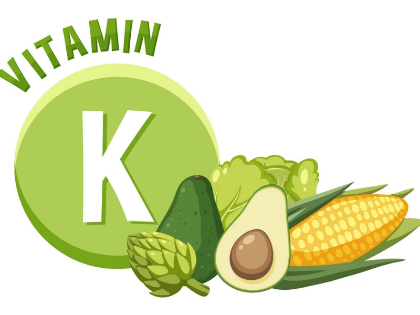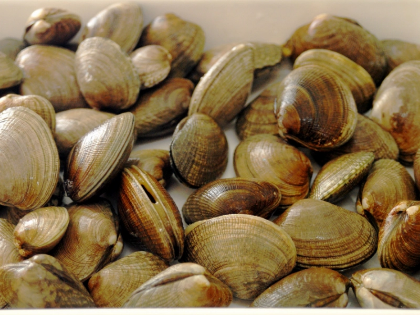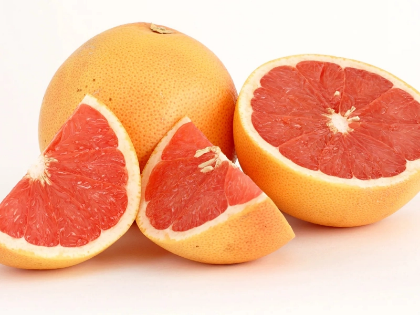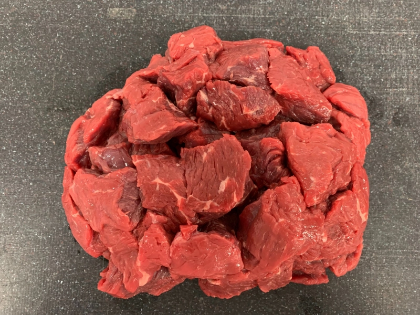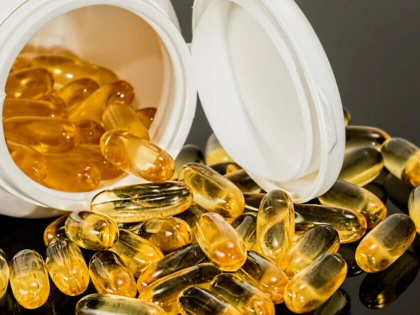The Anti-Inflammatory Properties of Vitamin K
Advertisement
1. Gaining knowledge on inflammation
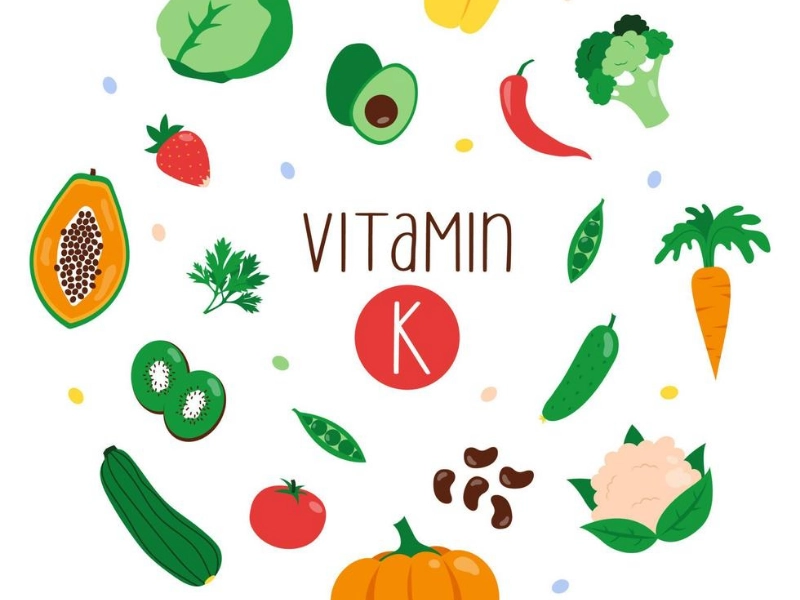
Advertisement
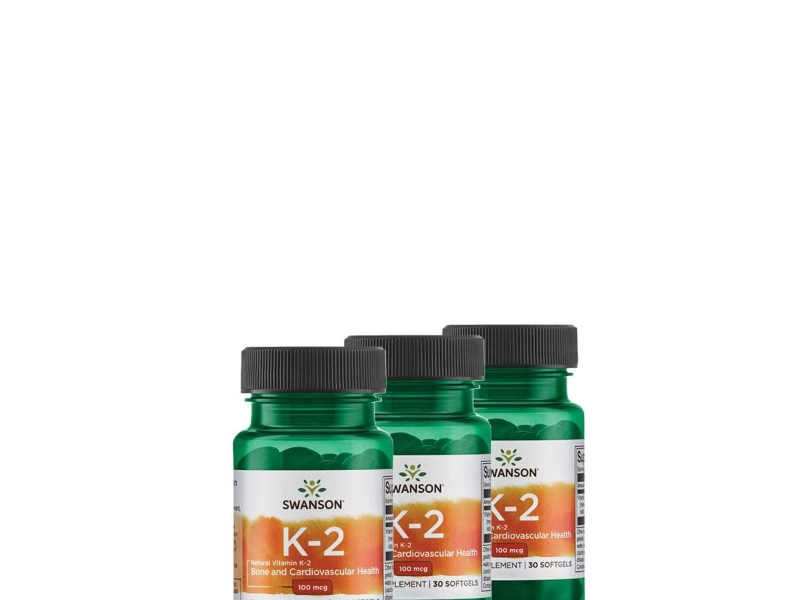 Crucially important for blood coagulation and bone health, vitamin K is a fat-soluble vitamin. Found mostly in green leafy vegetables, K1 (phylloquinone) and K2 (menaquinone) are two main forms of it; animal products and fermented meals contain K2. Beyond its well-known purposes, new studies point to vitamin K's possible major contribution to lower inflammation all across the body.
3. Anti-inflammatory action mechanisms
Crucially important for blood coagulation and bone health, vitamin K is a fat-soluble vitamin. Found mostly in green leafy vegetables, K1 (phylloquinone) and K2 (menaquinone) are two main forms of it; animal products and fermented meals contain K2. Beyond its well-known purposes, new studies point to vitamin K's possible major contribution to lower inflammation all across the body.
3. Anti-inflammatory action mechanisms
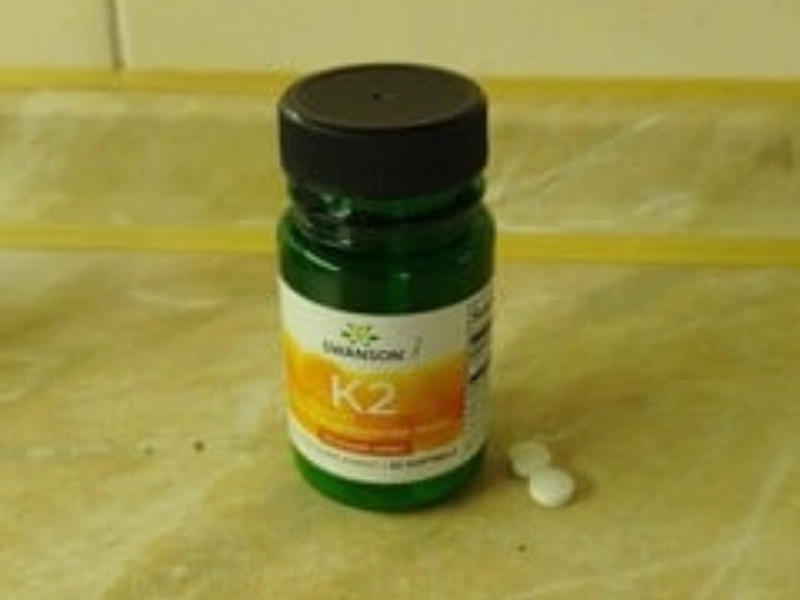 Vitamin K reduces inflammation in various different ways. One of the main approaches is controlling the action of proteins engaged in inflammation. For example, vitamin K is well-known to affect the synthesis of certain cytokines, signaling molecules used in inflammatory mediation. Through modulation of these cytokines, vitamin K can assist to lessen the inflammatory response, possibly lowering the risk of chronic inflammatory disorders.
4. Vitamin K and Cardiovascular Conditioning
Vitamin K reduces inflammation in various different ways. One of the main approaches is controlling the action of proteins engaged in inflammation. For example, vitamin K is well-known to affect the synthesis of certain cytokines, signaling molecules used in inflammatory mediation. Through modulation of these cytokines, vitamin K can assist to lessen the inflammatory response, possibly lowering the risk of chronic inflammatory disorders.
4. Vitamin K and Cardiovascular Conditioning
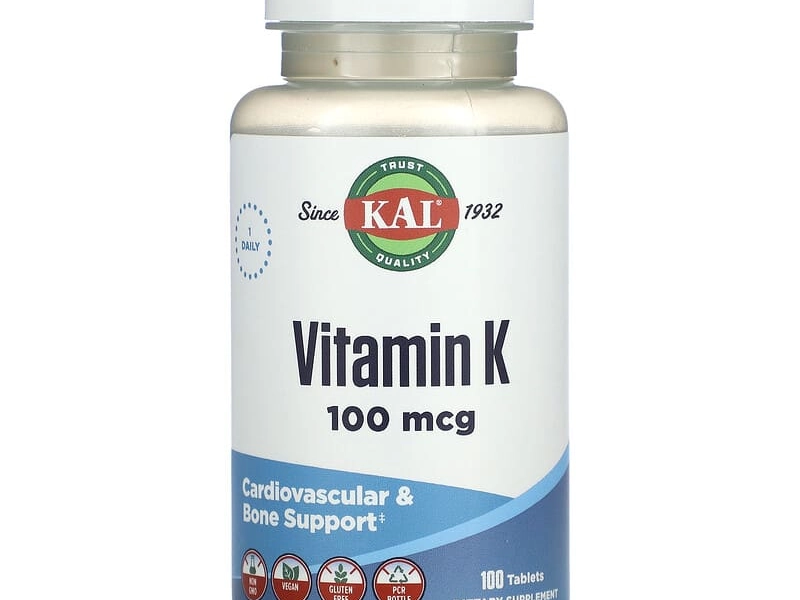 One major risk element for cardiovascular disorders is chronic inflammation. Studies show that enough vitamin K may help guard against calcification and arterial stiffness, both of which are linked to higher inflammation in the cardiovascular systems. Higher vitamin K levels have been associated in studies with better vascular health, implying that by their anti-inflammatory action, this vitamin may have a preventive effect against heart disease.
5. Bone Condition and Inflammation
One major risk element for cardiovascular disorders is chronic inflammation. Studies show that enough vitamin K may help guard against calcification and arterial stiffness, both of which are linked to higher inflammation in the cardiovascular systems. Higher vitamin K levels have been associated in studies with better vascular health, implying that by their anti-inflammatory action, this vitamin may have a preventive effect against heart disease.
5. Bone Condition and Inflammation
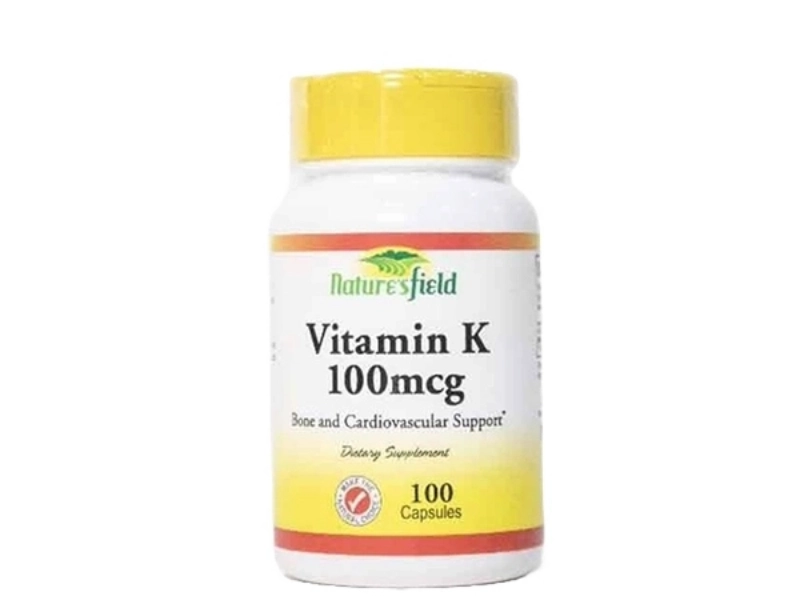 While vitamin K is crucial for preserving strong bones, its anti-inflammatory qualities also help to support bone integrity. Bone loss and disorders like osteoporosis may follow from chronic inflammation. Reducing inflammation helps vitamin K preserve the integrity and density of bones. This link emphasizes the need for vitamin K not only for the creation of bones but also for the prevention of bone deterioration connected with inflammation.
6. Vitamin K's Dietary Sources
While vitamin K is crucial for preserving strong bones, its anti-inflammatory qualities also help to support bone integrity. Bone loss and disorders like osteoporosis may follow from chronic inflammation. Reducing inflammation helps vitamin K preserve the integrity and density of bones. This link emphasizes the need for vitamin K not only for the creation of bones but also for the prevention of bone deterioration connected with inflammation.
6. Vitamin K's Dietary Sources
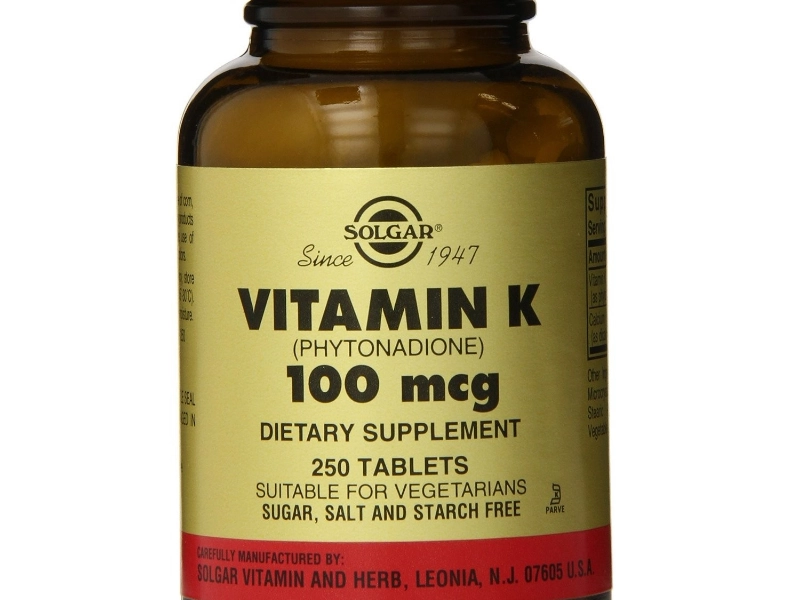 Including enough rich dietary sources in your meals can help you to maximize the anti-inflammatory properties of vitamin K. Excellent providers of vitamin K1 are green leafy foods, including broccoli, kale, and spinach. Along with dairy products and egg yolks, fermented foods such as natto supply vitamin K2. Including some of these foods in your diet can help guarantee enough vitamin K consumption and improve general health.
7. The Combining of Vitamins
Including enough rich dietary sources in your meals can help you to maximize the anti-inflammatory properties of vitamin K. Excellent providers of vitamin K1 are green leafy foods, including broccoli, kale, and spinach. Along with dairy products and egg yolks, fermented foods such as natto supply vitamin K2. Including some of these foods in your diet can help guarantee enough vitamin K consumption and improve general health.
7. The Combining of Vitamins
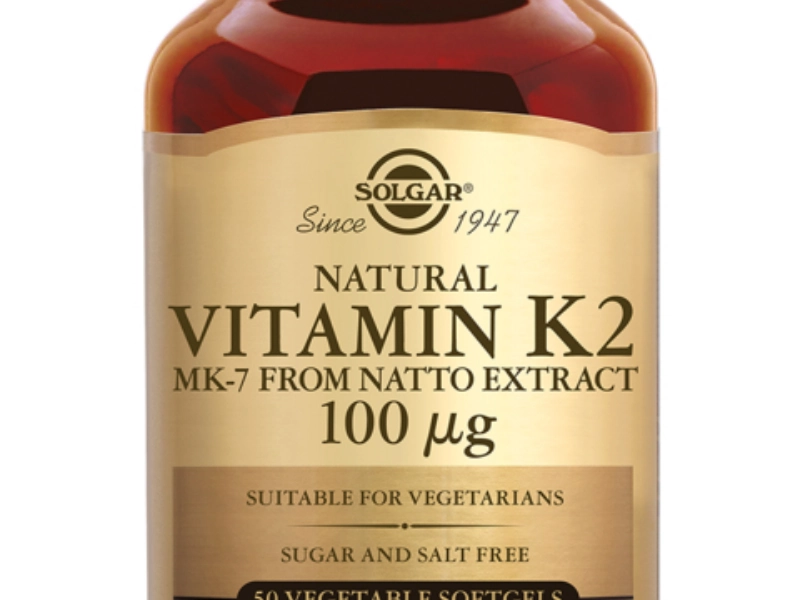 Although vitamin K has clear anti-inflammatory effects, it performs best in concert with other nutrients. Along with omega-3 fatty acids, vitamins A, D, and E are also quite important in controlling inflammation. A well-balanced diet including a range of these nutrients can help the body to properly control inflammation. To help lower inflammation, for example, combine meals high in vitamin K with sources of omega-3 fatty acids, such as flaxseeds or fatty fish.
8. Overview of Anti-Inflammatory Action of Vitamin K
Although vitamin K has clear anti-inflammatory effects, it performs best in concert with other nutrients. Along with omega-3 fatty acids, vitamins A, D, and E are also quite important in controlling inflammation. A well-balanced diet including a range of these nutrients can help the body to properly control inflammation. To help lower inflammation, for example, combine meals high in vitamin K with sources of omega-3 fatty acids, such as flaxseeds or fatty fish.
8. Overview of Anti-Inflammatory Action of Vitamin K
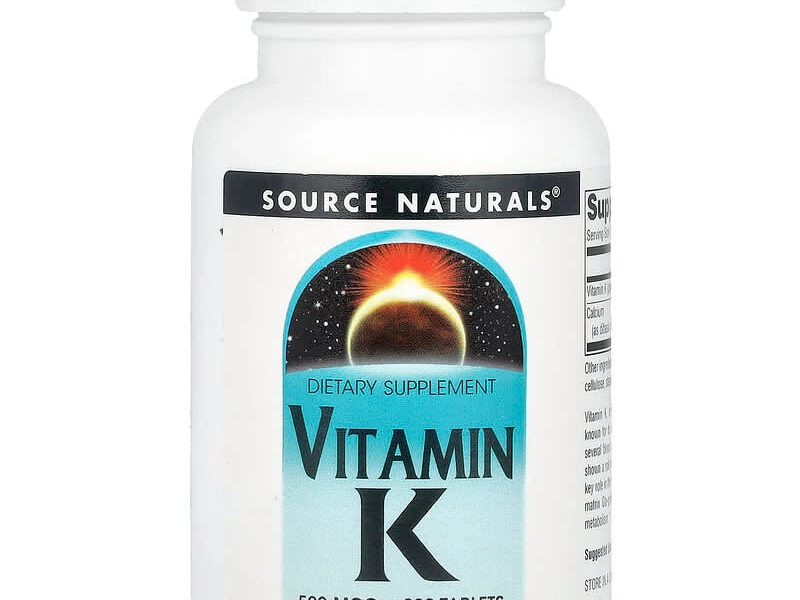 Increasingly acknowledged for its anti-inflammatory effects, vitamin K helps the body to control inflammation. Vitamin K lowers the risk of chronic inflammatory illnesses in several ways by supporting cardiovascular and bone health and modulating cytokine generation. For general health, making sure one consumes enough vitamin K from a diversified diet high in fermented foods and green leafy vegetables would help. Promoting long-term well-being and avoiding inflammation-related medical problems depend on first appreciating the anti-inflammatory action of vitamin K.
Increasingly acknowledged for its anti-inflammatory effects, vitamin K helps the body to control inflammation. Vitamin K lowers the risk of chronic inflammatory illnesses in several ways by supporting cardiovascular and bone health and modulating cytokine generation. For general health, making sure one consumes enough vitamin K from a diversified diet high in fermented foods and green leafy vegetables would help. Promoting long-term well-being and avoiding inflammation-related medical problems depend on first appreciating the anti-inflammatory action of vitamin K.
Advertisement
Advertisement

